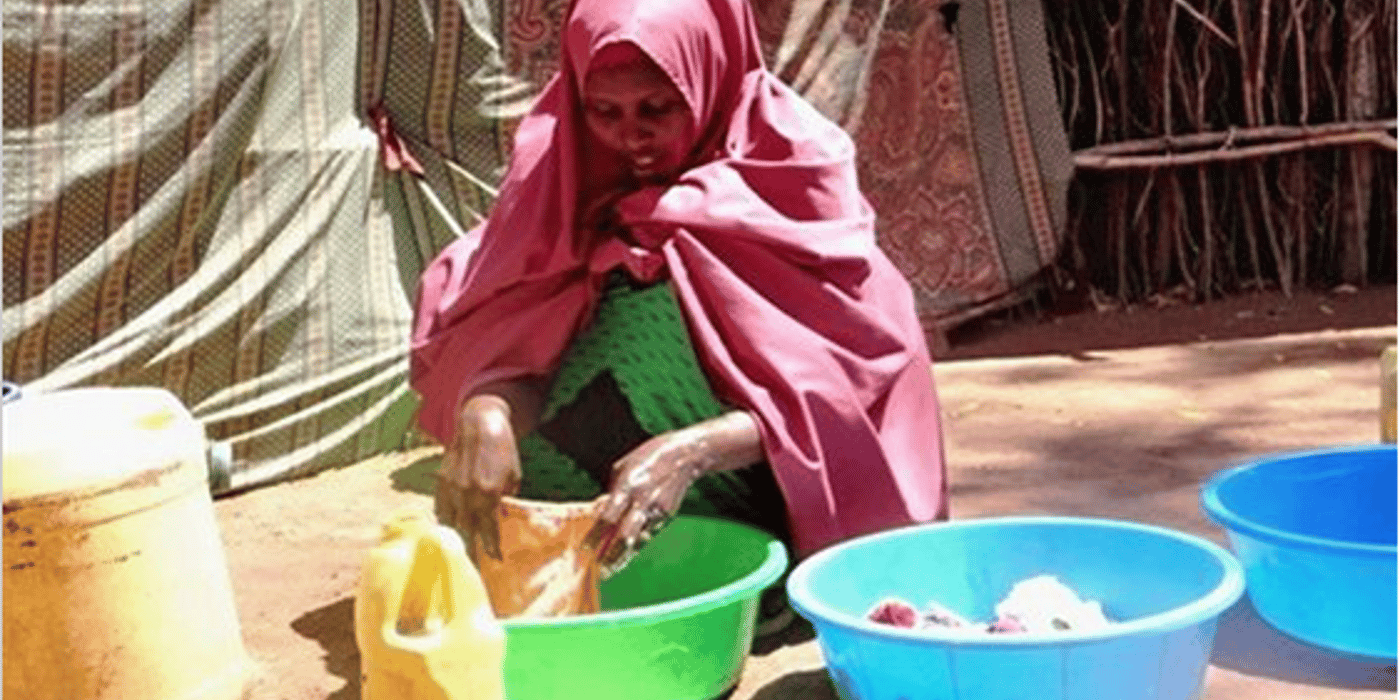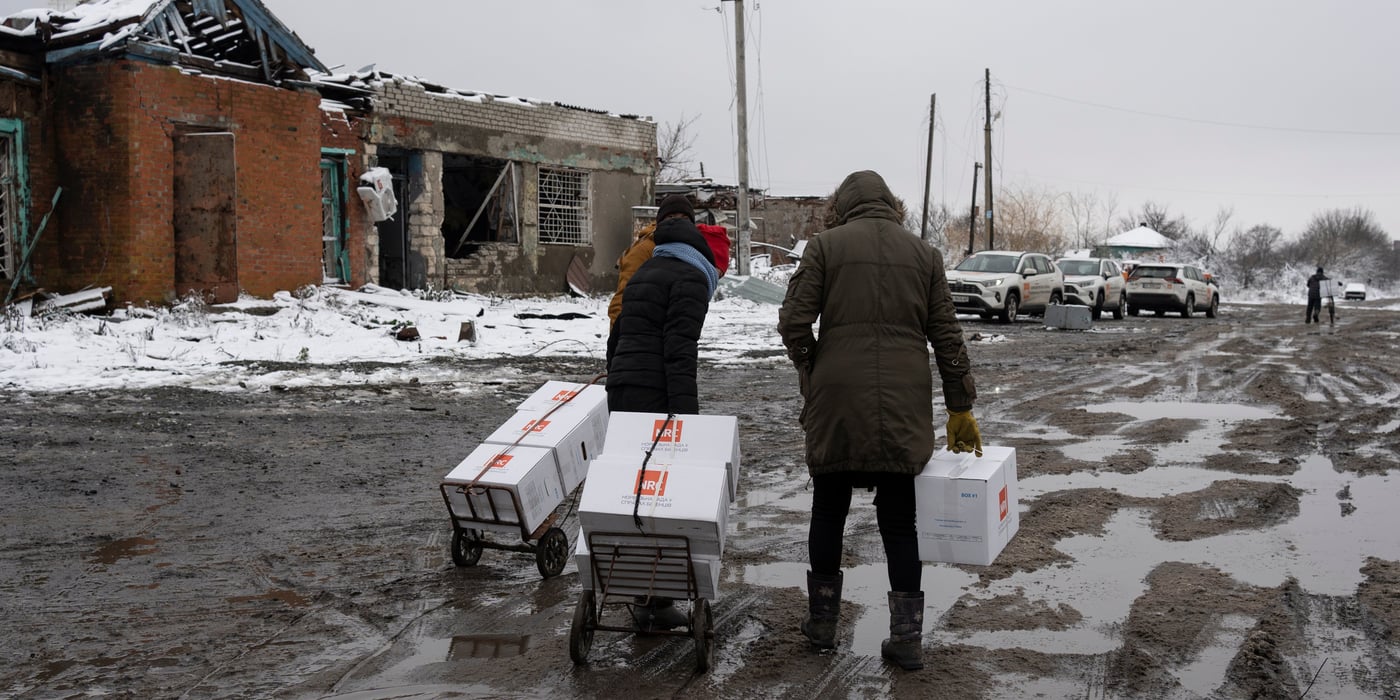
“Insecurity is likely to be the greatest hindrance to voluntary return”, said Regional Director for the Norwegian Refugee Council Gabriella Waaijman, speaking at a conference on voluntary repatriation.
Donors and State representatives were gathered in Brussels at the Ministerial Pledging Conference on Voluntary Repatriation 21 October. The humanitarian agencies participating hope to convince the donors to increase the assistance to Somali refugees and host communities, and support vocational projects for returnees and host community members.
In addition to the one million Somali refugees, more than 1.1 million people are displaced within Somalia, as a result of ongoing conflicts over the last decades. Several positive developments within Somalia, combined with increased pressure on host countries, have led to a push for successful repatriation of refugees to Somalia. Still, according to the humanitarian community, many challenges remain, such as:
- Lack of security
- Poor infrastructure and living conditions, and limited livelihood opportunities
- Competition for land and lack of security of tenure
- Limited funding by donors and development partners
“Somalia remains a fragile state and many areas are not secure. Security must be reinforced and strengthened to pave the way for safe return. In addition, donor countries urgently need to increase the funding, to ensure proper assistance both to the Somali refugees, the returnees and the host communities”, said Waaijman.
A vast majority of Somali refugees, more than 430,000, are hosted by Kenya. In 2013 the Government of Kenya, the Government of Somalia and the UN High Commissioner for Refugees (UNHCR) signed an agreement providing the legal framework for the safe and dignified voluntary repatriation for Somali refugees.
Among the refugees wanting to return, there are mixed feelings; the excitement of reconnecting with a motherland that exists mostly through stories told by those left behind and those told by the media, and the fear associatied with starting all over again.
The nine areas earmarked for return are Afghoye, Baidoa, Balad, Beletwyne, Johar, Kismayu, Luuq, Mogadishu and Wanla-weyne. Already, the returns represent new challenges for local authorities.
In Kenya, the refugees in the Dadaab camp have developed social relationships and business links with the host communities. The planned repatriation will have high impact on these relationships.
“There are family, clan and business linkages that have developed over the decades which have been reinforced by common experiences, hopes, dreams and aspirations”, said Siyad Samatar, NRC’s Area Manager in Dadaab, Kenya.



